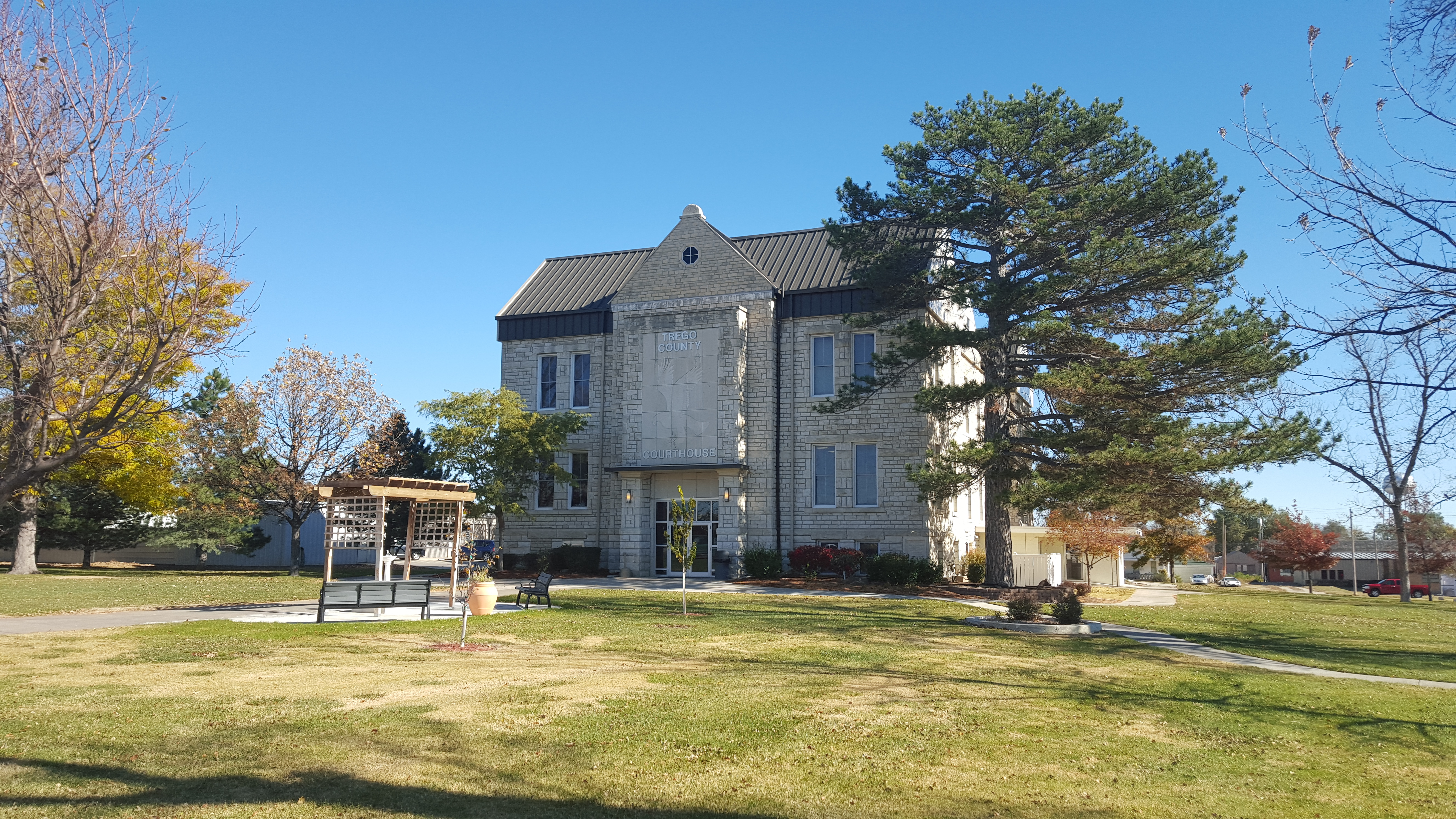
By JAMES BELL
Hays Post
WAKEENEY — In the first day of the trial of Scott Bollig on Thursday, jurors heard emotional testimony from Naomi Abbott – Bollig’s former girlfriend – and WaKeeney Police Chief Terry Eberle centering around the events that led up to Bollig being charged with first-degree murder of Abbott’s unborn child.
During the prosecution’s examination, Abbott testified that Bollig did not seem interested in having the child, telling the jury he had said to her repeatedly, “It could all go away very easily,” suggesting Abbott abort the pregnancy even after she had decided she wanted the child, making the relationship very tense.
She also testified Bollig said he did not want to be involved at all but did not want Abbott to move out of the state, as she was planning, as it would deny his family the opportunity to be with the child.
Although Abbott described a normal pregnancy, including a doctor’s visit that included a sonogram, she testified that changed quickly after having breakfast with Bollig on a Sunday in late January 2014.
During that morning, Abbott told jurors nothing was out of the ordinary as Bollig cooked pancakes for the couple. But, by the following Thursday, she had sought medical treatment for extreme nausea and dehydration.
Following that visit, she said she was admitted to the hospital for IV treatment of a urinary tract infection, chlamydia, dehydration, nausea and extreme cramping.
The following morning, Abbott said she awoke finding herself covered in blood.
“I knew something was definitely wrong,” she testified.
After being assisted by medical staff to the bathroom, she said she felt as if something had passed through.
It was later confirmed she had lost the baby.
Later that evening, Abbott testified Bollig visited the hospital for the first time and offered to drive Abbott home.
Abbott was discharged that evening, only to be pulled over by law enforcement during the drive home and asked to return to the hospital for blood tests and to sign paperwork that would allow for an autopsy of the baby.
During the time required to submit to the test and fill out paperwork, Bollig left, but, at that time, Abbott said she didn’t believe Bollig had done anything wrong and continued their relationship.
“I still saw him,” she said, but indicated he wanted the relationship to go back to “the way things were before” the pregnancy. She said he failed to be sympathetic to her grief.
Things changed, however, she testified, when he admitted to Abbott he had done something to terminate the pregnancy, but did not go into details. He informed her he intended to confess to police the next day, she told jurors.
Even with the confession, however, and a order of no contact for Bollig, Abbott admitted that she had visited with him.
During cross-examination, the defense brought to light Abbott had pursed the relationship, even visiting Bollig at his home in April, testifying she had told him that she desired for “it all to be over.” During that visit, she testified she asked for a hug and told Bollig she was still in love with him.
The couple had also shared texts and pictures – sometimes intimate – until Bollig’s phone was taken as evidence, cross-examination revealed.
Following testimony from Abbott, Eberle was examined by the prosecution and the defense. During his testimony, he said Bollig had came into his office on Feb. 20 after meeting with Abbott the night before — the night Abbott testified he confessed — to tell to Eberle he had sprinkled a drug called mifepristone on pancakes eaten by Abbot.
Eberle testified Bollig provided evidence to Eberle and a Kansas Bureau of Investigation officer that he had bought the pills online and admitted to crushing the pills in preparation for breakfast, when he sprinkled the crushed pill on top of pancakes he served to Abbott.
During the examination of Eberle, however, the defense found several errors in testimony he had given at a preliminary hearing, mostly on specific dates and times conversations had happened.
The defense also questioned why no recordings of the confession had been made, including a written confession by Bollig.
“He didn’t want to do that,” Eberle said about a written statement, and said it was not procedure to record meetings in his department at that time.
Testimony is scheduled to continue at 9 a.m. Friday.
